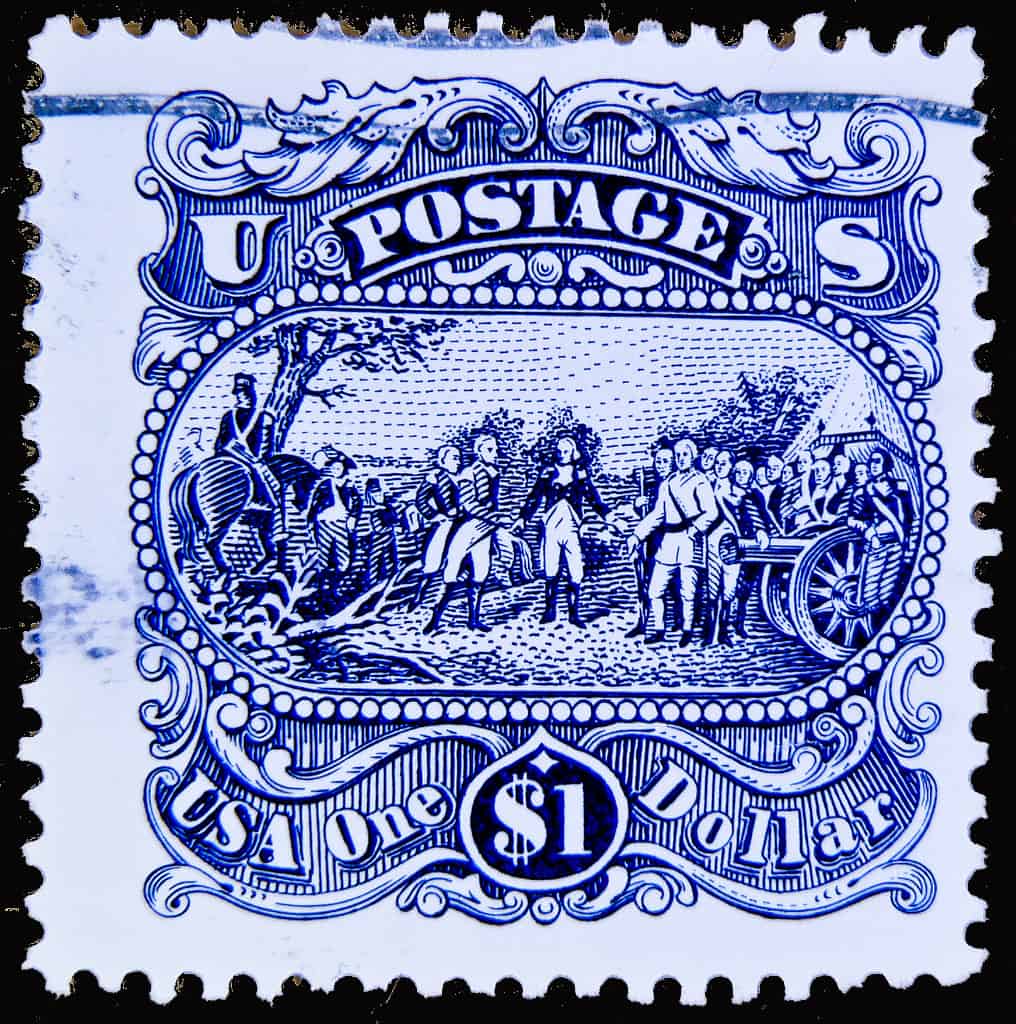People love to hate the United States Postal Service (USPS); but does that feeling come just a little too easily? Would any of us like to run a multi-billion-dollar enterprise whose strategic planning for a decade has been subject to political infighting in the U.S. Congress?
I didn’t think so, and I’ll bet you didn’t know this:

The USPS Board of Governors is made up of nine Presidential appointees, confirmed by the Senate, who then choose the Postmaster General and Deputy. Due to Senate inaction for years all nine Board seats are vacant (see here). There is a rumor one influential Senator is holding the process hostage as leverage to keep a large postal facility open in his home state. There are other rumors it’s the result of efforts to privatize and/or de-unionize the delivery of mail. Meanwhile, back at the ranch…
While day-to-day operations are managed by the USPS staff, there are certain powers reserved exclusively to the non-existent Governors; these include fundamental decision-making over the products and services provided by USPS, including rate-making, and its ability to audit performance and report to Congress. It would seem that the USPS, and it’s mission of universal service, is withering on the vine due to a political gridlock in Washington.
That direct-mail remain a viable and energetic channel is crucial to marketers (for-profit and non-profit) who have found it uniquely effective, as well as the agencies, data companies, and printers who support them. We’re talking about hundreds of billions of dollars passing through an entity with an empty Board of Governors.
People dismiss USPS an ocean of red ink, an anachronism, and a bureaucratic mess permeated by unfriendly people and impenetrable rules. But again, that’s too easy; first, much of the red ink has to do with a 100% pre-funding requirement of health and retirement benefits (see here) imposed by Congress uniquely on USPS. Second, although mail may seem outdated there are millions of people who can’t, or prefer not to, live their lives online. Finally, I have visited dozens of Post Offices and found the customer service tracks that of any other walk-in business; sometimes great, sometimes not depending on how crowded it is.
Postal rules are, in fact, daunting, but in practical terms they exist in exchange for an approximately 50% discount from First-Class rates for volume mailers. It’s a pain, but if you want to put a postcard in someone’s hand for $0.23 all you need do is work with a mailer who already knows the rules, or you’ll pay $0.48. It’s up to you.
It’s almost impossible to grasp the size and scope of the USPS mission; to serve every single physical address in the United States with uniform service and flat-rate pricing, at no cost to taxpayers. In our business the USPS is a fact of life. A huge percentage of what we do is delivered by mail, and mail rates and regulations are prime drivers across a spectrum of decision making. Mail delivery is key to the uniquely direct impact that printed communication provides.
The USPS has probably evolved as far and as fast as it’s bosses in the Congress will allow. It is experiencing the exact opposite of what we hope from a public-private partnership; being hamstrung by an unworkable governance structure it can do nothing to change while being held to the performance standards of a private business. In the meantime, we in the printing business would like to point out that enormous sectors of the economy, and service to millions of Americans, have a vital interest in a positive and reliable outcome.
Hugh Butler – June 6, 2017

